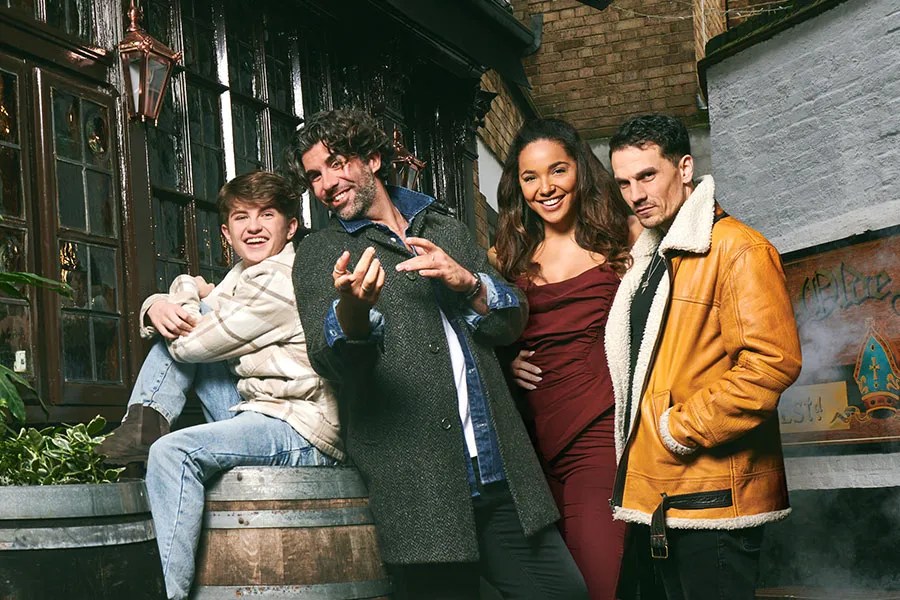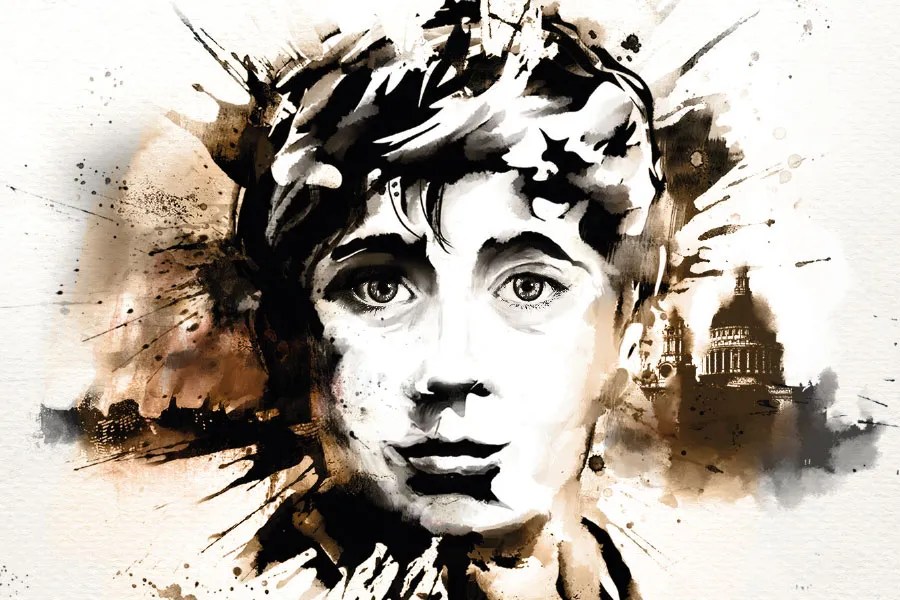Hippolyte et Aricie (Glyndebourne)

© Bill Cooper
Director Jonathan Kent wanted to reinvent this most spectacular of opera forms for the 21st Century and, with his designer Paul Brown, he does just that, skilfully combining the modern, fantastical and downright silly (only in French baroque is tragic family strife put on hold for an exotic display of comedy sailor dancing).
The work’s prologue sees Diana, representing chasteness and fidelity in marriage, battle it out with a fiery-legged Cupid (Ana Quintans), champion of lusty lovemaking. Kent and Brown put them in a gigantic fridge, stuffed full of fine French fare, with boys emerging from between dangling, shrink-wrapped gourmet sausages (what could that symbolism possibly mean?) and girls in minks reclining amidst giant broccoli. The goddess herself, a gorgeous Katherine Watson standing in (and at times flying in) for an indisposed Stéphanie D’Oustrac, inhabits the ice box. There’s plenty of sexy, half-naked dancing and the whole episode is a surprising and delightful way to kick things off.
One of the characteristics of Rameau’s extravagant re-telling of classic tales (this is Phaedra and her elicit love for her stepson Hippolyte, based on Racine’s tragedy) is the juxtaposition of vastly contrasting settings and moods.
Act One sets the scene, as Hippolyte (Ed Lyon) and Aricie (Christiane Karg) pledge their love, while Phaedra (Sarah Connolly) lusts from afar. Act Two plunges us into the hellish realm where Pluto (François Lis) presides over a diabolical central heating system. We are there for Hippolyte’s father Theseus (Stéphane Degout), who has been dragged down before his time but, under the protection of his own father Neptune, is returned to earth in a production that has more comebacks than Frank Sinatra.
This colourful world, inhabited by bug-eyed devils and spidery Fates, gives way to a boxy set of contemporary rooms, where Phaedra, believing her husband dead, makes her move on Hippolyte, only to be forcefully rejected. Finding the pair compromised, the revived Theseus banishes his son, who nobly takes his medicine to protect his stepmother’s honour.
Hippolyte and Aricie have a moment of respite in Diana’s domain (interrupted by a terrific chorus of perruqued dandies) before he’s dragged to his death, leaving Phaedra stricken with remorse. She, having confessed her guilt to Theseus before committing suicide, things winds up in Act Five with Hippolyte brought back to life and Diana triumphant over Cupid (there’s a wonderfully chilling image of the vanquished imp).
With frequent breaks for dance (brilliant choreography by Ashley Page), the storytelling is spellbinding in Kent’s hands. William Christie gets characteristically great playing from the Orchestra of the Age of Enlightenment and the singing is uniformly superb from both soloists and chorus. Connolly is every bit as impressive as she was in Charpentier’s “Medea” for ENO, in a far less showy role; her contrition at the end of Act Four is superlatively done. Lyon, Karg and Degout are all outstanding and every smaller role expertly filled.
Rameau and his contemporaries have waited a long time to receive recognition in English opera houses but, with this ground–breaking staging, ils sont arrivés.










